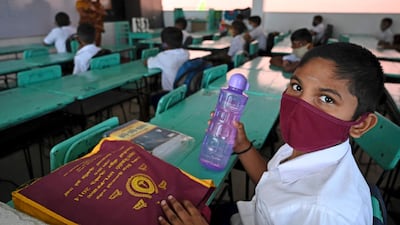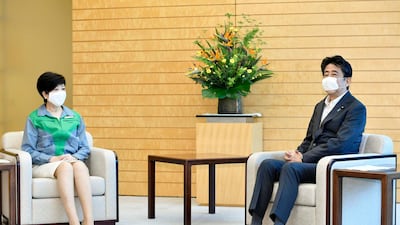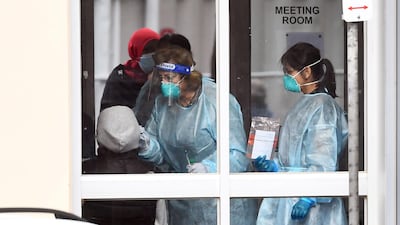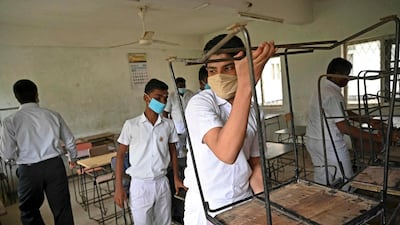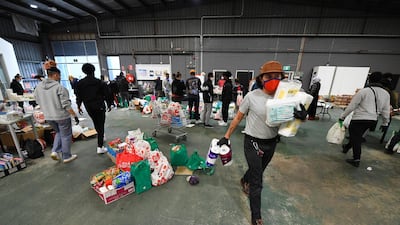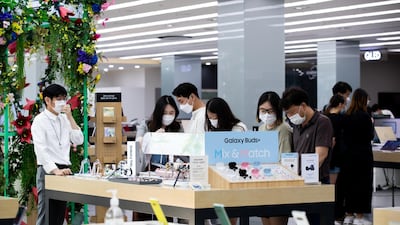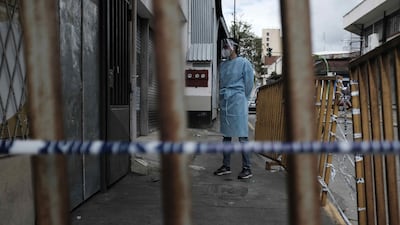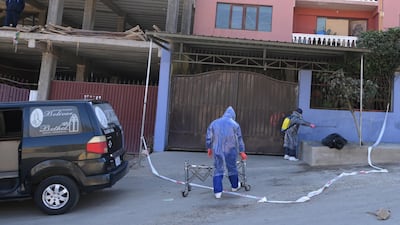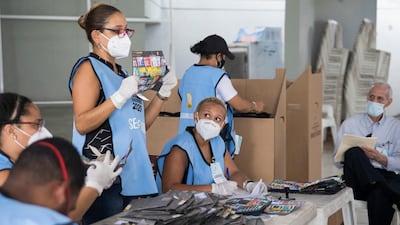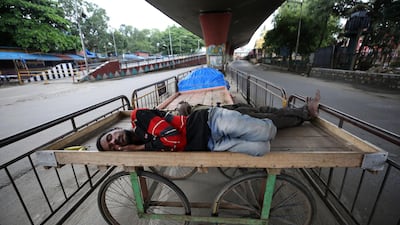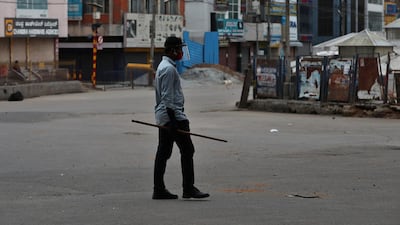There could be as many as 35,000 excess deaths from cancer in the UK in the next year because of diagnosis and treatment delays caused by the coronavirus outbreak, research has found.
An investigation by Data-Can, the Health Data Research Hub for Cancer, which looked at figures from eight hospital trusts, found the rate of urgent cancer referrals at the end of May was 45 per cent below pre-emergency levels.
There was also a 60 per cent fall in the number of people seeing their family doctor and being referred to experts for testing in April as Covid-19 tightened its grip on the UK and its health system.
At the very least, research shared with the BBC found there might be a minimum of 7,000 excess deaths although this number could be as high as 35,000.
"Initial data that we got was very worrying to us. Anecdotally, people have been telling us there were problems but I think the critical thing was being able to actually have routine data from hospital trusts," Professor Mark Lawler, Scientific Lead of Data-Can, told the BBC's Panorama programme.
"Obviously scientists like to be right in terms of their analysis but I hope I'm wrong in relation to that," he added.
Professor Peter Johnson, the clinical director for cancer at England’s National Health Service, said he hoped the system would be back to where it needed to be by the end of the year.
"We're working as fast as we can to put the services back together again, to restore the capacity and indeed to build more, so that we can deal with the people who have not been diagnosed during the time when the services have been running below 100 per cent," he told Panorama.
"What we were concerned to do, when the virus was increasing very rapidly in the population, was to make sure that we could get the right balance between the risk of catching the virus and the risk of having people's cancer get worse.
"And in particular, the risks and benefits of things like chemotherapy where, if the chemotherapy isn't absolutely crucial, it might be dangerous in terms of increasing your risk of coronavirus.
"This wasn't a kind of attempt to police who should have treatment and who shouldn't, it was more an attempt to try to help people think very clearly."
A group of MPs has come out and argued that the current situation underlines the increased need for radiotherapy, which is said to put less of a strain on intensive care facilities and is not as damaging to the immune system as chemotherapy.
The All-Party Parliamentary Group for Radiotherapy has set out a six-point plan that would transform the use of radiotherapy to save lives.
MP Tim Farron, who chairs the group, said "failure to face up the scale of the consequential Covid-19 cancer backlog, combined with a failure to grasp the opportunity to tackle it with a revitalised and transformed radiotherapy sector" would be a national tragedy.
_______________


